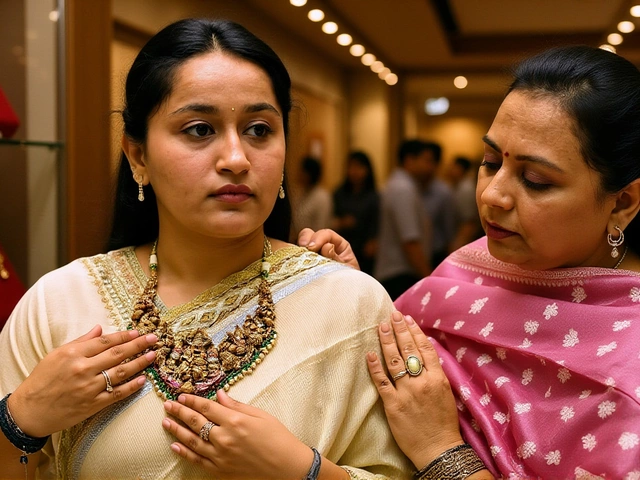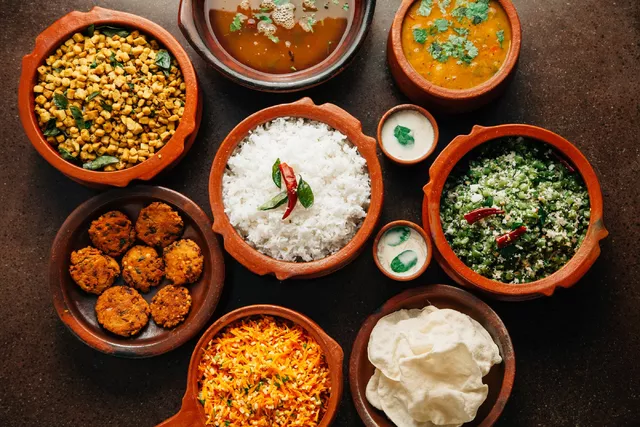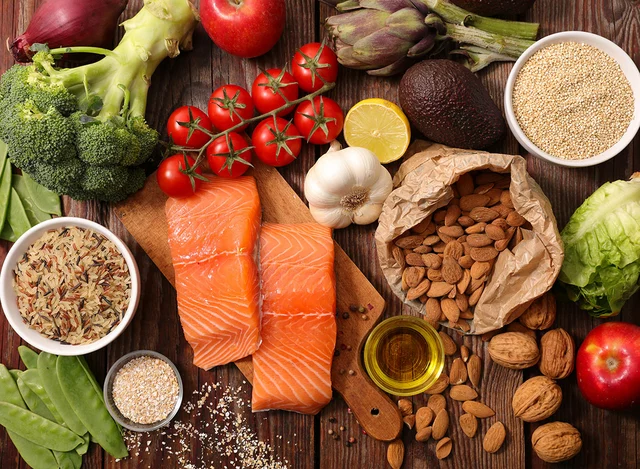February 2023 – PSC Exam Insights Archive
Welcome to the February 2023 archive of PSC Exam Insights. This page gathers everything we shared during the month—quick tips for the prelims, a step‑by‑step study plan for the mains, and the most important PSC notifications that came out in February. If you’re prepping for any public service commission exam, you’ll find practical advice you can start using right now.
Top Tips Shared in February
We kicked off the month with a short video on how to crack the PSC prelims in under three months. The key takeaway? Focus on three things: solidify your basics, practice with timed mock tests, and review your mistakes daily. We broke down each step, gave a sample weekly schedule, and suggested easy‑to‑use apps for tracking progress.
Later, we posted a blog titled “Mains Essay Writing Made Simple.” The guide walked you through picking a topic, outlining in five minutes, and writing a concise, persuasive essay in 30 minutes. We even shared a downloadable checklist so you can tick off each part before the exam day.
Another popular piece was the “Time‑Management Hack for PSC Aspirants.” It introduced the 50‑10 rule: study for 50 minutes, then take a 10‑minute break. We explained why short breaks keep your brain fresh, and we linked a free timer you can use on your phone. Readers reported feeling less fatigued and scoring higher on practice tests after trying it.
Important Notifications from Feb 2023
February brought a handful of crucial updates from various state PSCs. We posted a quick summary of the new eligibility criteria for the Assam PSC, highlighting the change in age limits and the addition of a digital literacy test. The post also gave a link to the official notification and listed the documents you’ll need to upload.
We also covered the revised exam pattern for the Uttar Pradesh PSC, where the objective section now includes more situational questions. Our analysis explained how to adjust your preparation—focus more on case studies and less on pure memorization. A printable chart helped candidates compare the old and new formats side by side.
Lastly, there was a reminder about the upcoming deadline for the Bihar PSC application portal. We listed the exact date, the steps to complete the online form, and a short video showing how to upload your scanned certificates without errors. Following that guide saved many applicants from last‑minute technical hiccups.
Even though the archive is just a snapshot, the strategies and updates we shared in February remain useful today. Dive into each post, apply the tips, and keep checking back for fresh content as you move forward in your PSC journey.

What is the difference between a paratha and a tortilla?
- Date: 14 Feb 2023
- Categories:
- Author: Aarav Khatri
Parathas and tortillas are both flatbreads that have different origins and ingredients. Parathas are unleavened and usually made with whole wheat flour, while tortillas are made with corn or flour. Parathas are usually cooked on a tava, while tortillas are cooked on a comal. Parathas are usually served with various accompaniments such as potatoes, yogurt, chutney, and pickles, while tortillas are usually served with a variety of fillings such as cheese, beans, or meat. Furthermore, parathas are usually thicker than tortillas, making them a popular breakfast option.

Rishabh Pant is the Spark India Need in Middle: Rohit Sharma?
- Date: 8 Feb 2023
- Categories:
- Author: Aarav Khatri
Rohit Sharma, India's vice-captain, has praised the performance of Rishabh Pant, who has been in excellent form in the ongoing Indian Premier League (IPL). Sharma believes that Pant has been the spark India needs in the middle order and can help the team win matches. He also added that Pant's ability to play fearless cricket and his confidence to take on the bowlers is a huge asset for the team. Sharma believes that Pant's fearless approach will help the team in the future. He concluded by saying that Pant's ability to take on the bowlers and score big runs will be invaluable for India.




